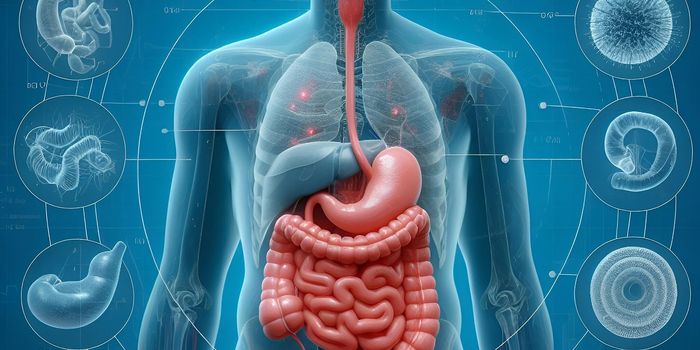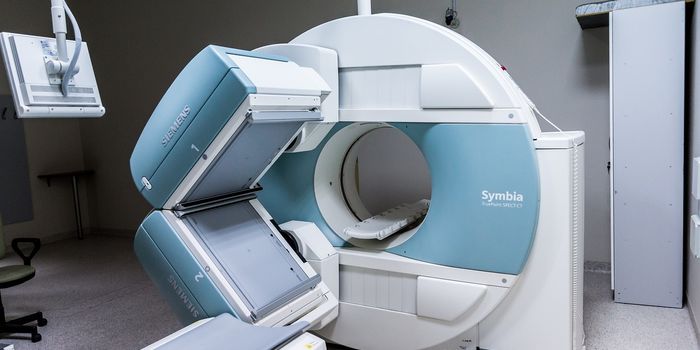When Cholesterol Doesn't Kill Cancer, it Makes it Stronger!
High cholesterol is associated with an increased risk of several types of cancer, and cancer patients with high cholesterol often experience poor outcomes.
A recent study in Nature Communications demonstrated that cancer cells exposed to cholesterol face a “what doesn’t kill you makes you strong” scenario.
Most of the cancer cells, following exposure to cholesterol, die in a natural process known as ferroptosis. While most cancer cells die, those that survive acquire a resistance to ferroptosis, protecting them from subsequent cholesterol-induced death. Notably, the surviving cells proliferate quickly and readily metastasize to other locations in the body.
The researchers used multiple breast cancer cell lines throughout the study. By exposing each cell type to a cholesterol metabolite called 27 hydroxycholesterol (27HC), they generated unique variants of each cell line that were resistant to cholesterol-driven cell death. The authors note that this process mimics conditions expected in patients with high cholesterol.
Using the sensitive and resistant varieties of cancer cells, the research team tested the impact of ferroptosis resistance in a mouse model. Generating tumors in mice with either sensitive or resistant cell variants, the researchers compared the tumor growth rate and the ability of the cells to metastasize to the lung.
The authors reported that the resistant cancer cells grew significantly faster than the sensitive cancer cells. The resistant cancer cells also demonstrated a much greater metastatic potential than the sensitive cancer cells.
These findings have the potential to enhance therapeutic options for cancer patients considerably. Understanding the role cholesterol plays in promoting cancer cell survival can be utilized to develop novel therapies targeting related pathways.
Ultimately, this study supports general medical recommendations that lowering cholesterol via diet or medication is beneficial to overall health. The report also suggests that maintaining healthy cholesterol levels may be particularly advantageous for cancer patients or those at high risk of developing cancer.
Sources: risk, outcomes, Nature Communications, recommendations









